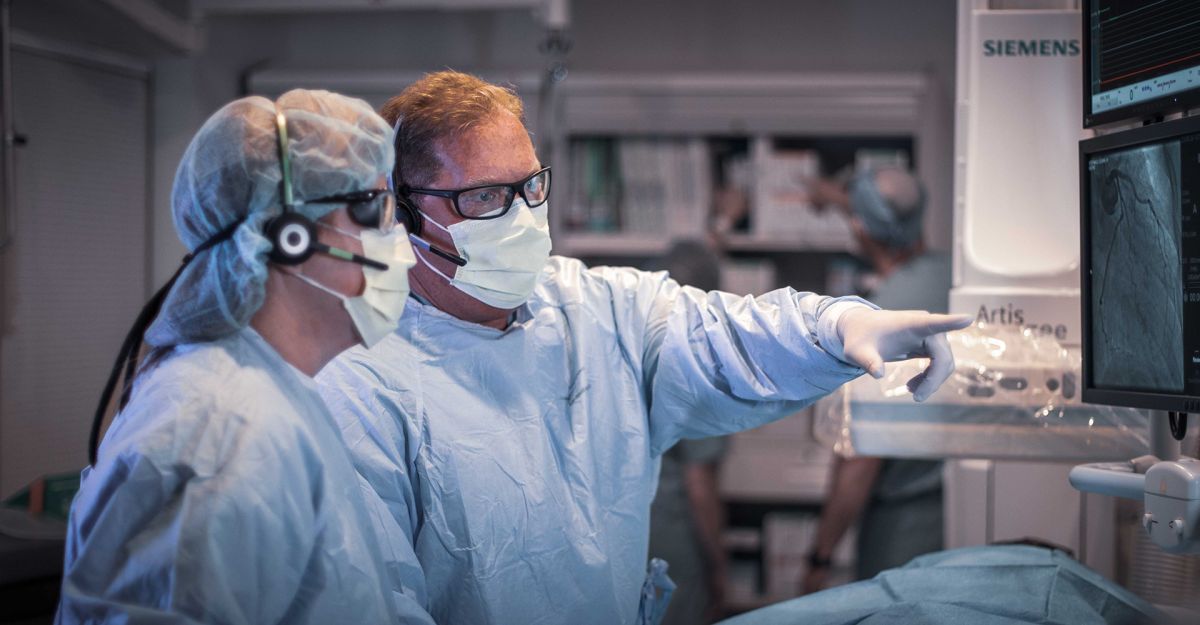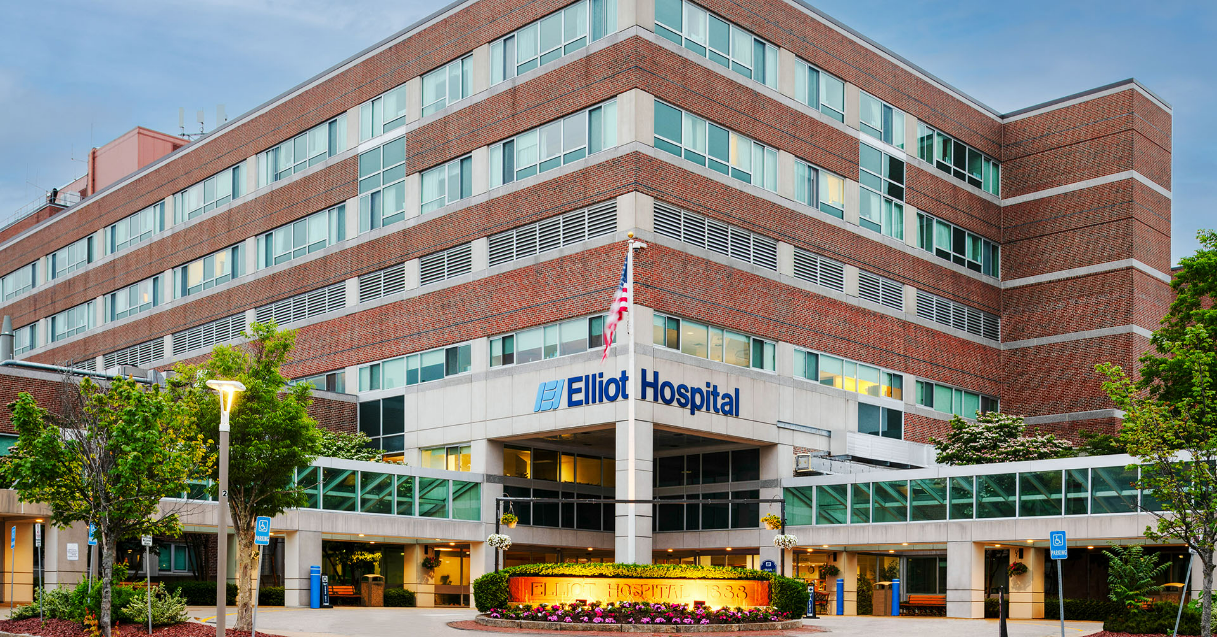Count On Us
Our board-certified cardiologists, interventional cardiologists, and electrophysiologists - working with our highly-skilled team of nurse practitioners, nurses, technicians, and staff - collaborate to diagnose and offer a wide array of treatments for all forms of heart and vascular disease, including heart failure, valve disease, rhythm abnormalities, and high blood pressure.
From our interdisciplinary team to the latest diagnostic testing and interventions, an extensive cardiac rehabilitation program, and informative education sessions, we offer all the cardiology services to keep your heart healthy.


